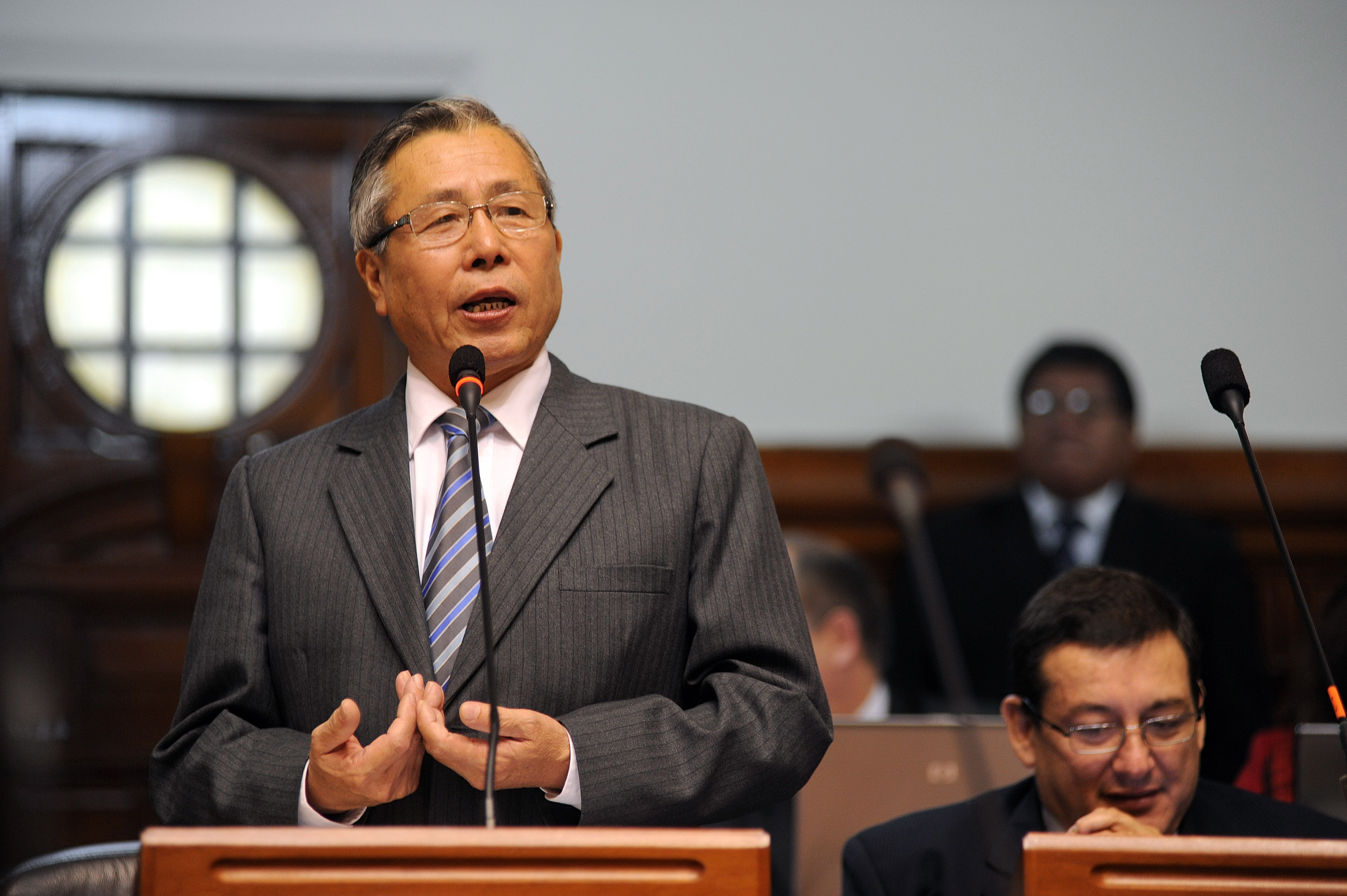Fujimori accused of murder He led the death squads

LIMA – There is also the accusation of complicity in murder in the long list of crimes that the Peruvian judiciary complains to the former president Fujimori. The chief prosecutor of Lima, Nelly Calderon, signed the accusation last, thanks to the testimonies of three former soldiers who, in the 1990s, were part of the infamous “Colina Group”. The “Colina” was a “death squad” conceived by Montesinos, the right-hand man of the former president Fujimori and appointed by him to lead the secret services, for the “dirty war” to the militants of Sendero Luminoso and Tupac Amaru, the two terrorist organizations that, at the time, bloodied the country. Among the most cruel actions of the “Colina” there were two massacres: in the first one they massacred nine university students and a teacher suspected of collaborating with the guerrillas, in the second and for the same reason they killed fifteen civilians. It was called the “matanza de Barrios Altos” from the name of the Lima district where the fifteen slaughtered bodies were found. It was 1991. Fujimori had won the elections a year earlier by defeating the writer Mario Vargas Llosa in the runoff and, with the support of the military and Montesinos, he was about to dissolve Parliament. For many years the massacre of the “Barrios Altos” has remained one of the many enigmas of Fujimori’s presidential adventure that today, after his escape, has taken refuge in Japan. Then the “leather heads” of “Colina”, arrested, condemned and immediately pardoned by Fujimori in ’95, began to tell the story of the “dirty war” to the judges involving first Montesinos, now Fujimori. The indictment against the former president is based on these and other testimonies. But the judges would also like to clarify another episode. That of the liberation, in 1997, of the Japanese embassy in Lima where the Tupac Amuru guerrillas who had occupied it were holding a large group of hostages. According to the accusation, three guerrillas of Mrta, including their leader Cerpa Cartolini, were killed in cold blood after the attack on the residence by the army. However, it is difficult for Fujimori to ever answer for these and other charges. The former president of Peru is a Japanese citizen and there is not as the Tokyo government has clarified several times the possibility of his extradition to Peru despite the gravity of the crimes of which he is accused.


